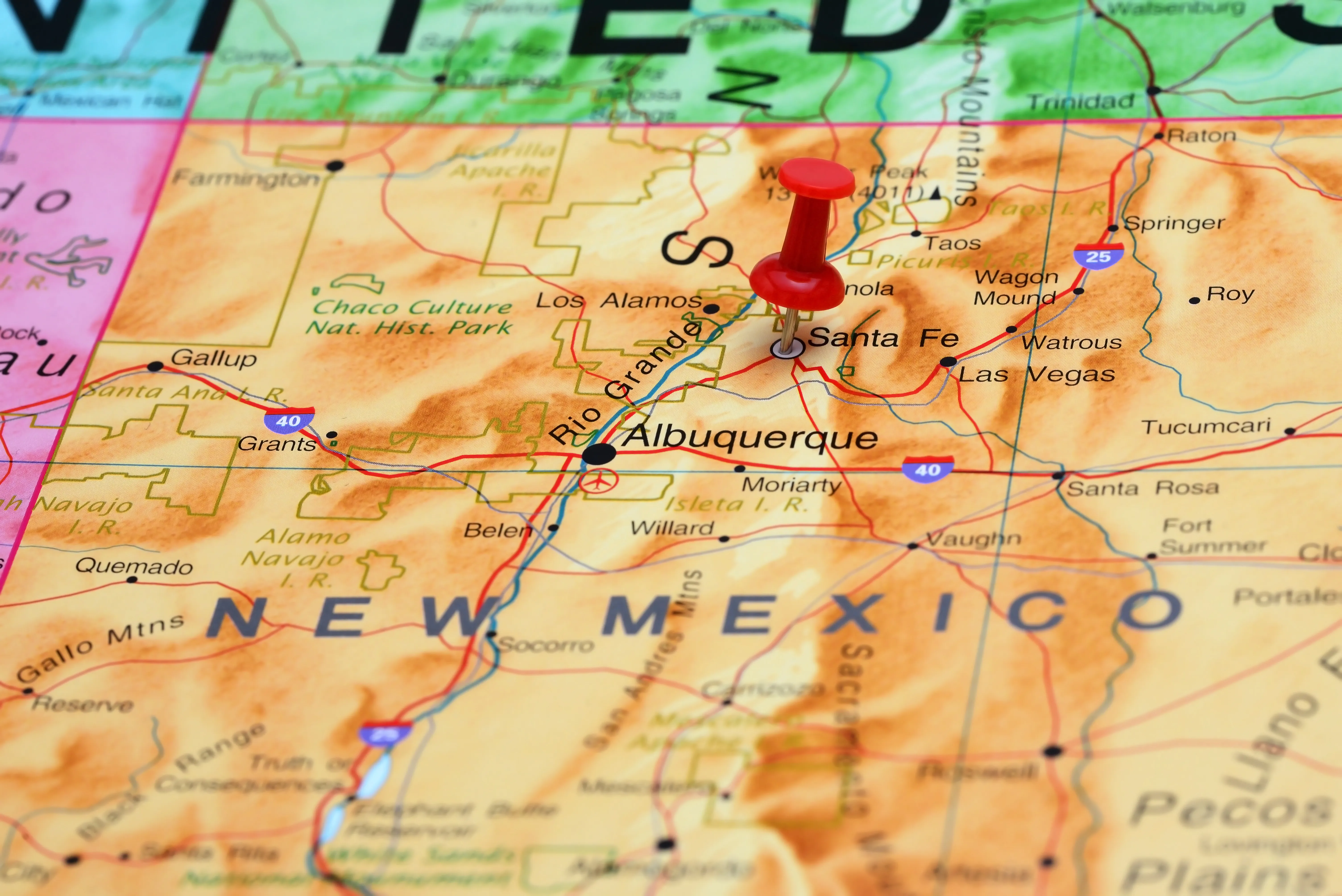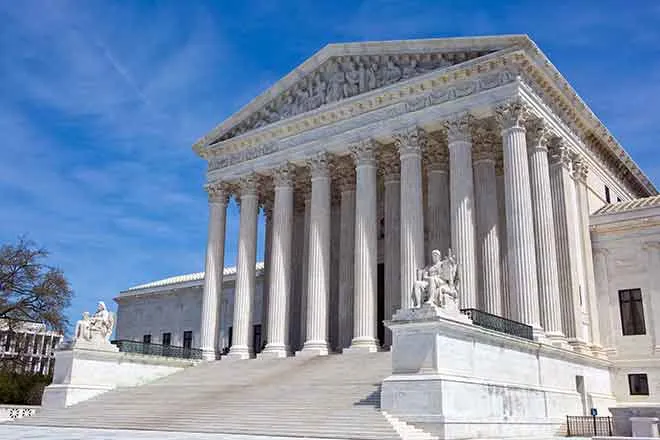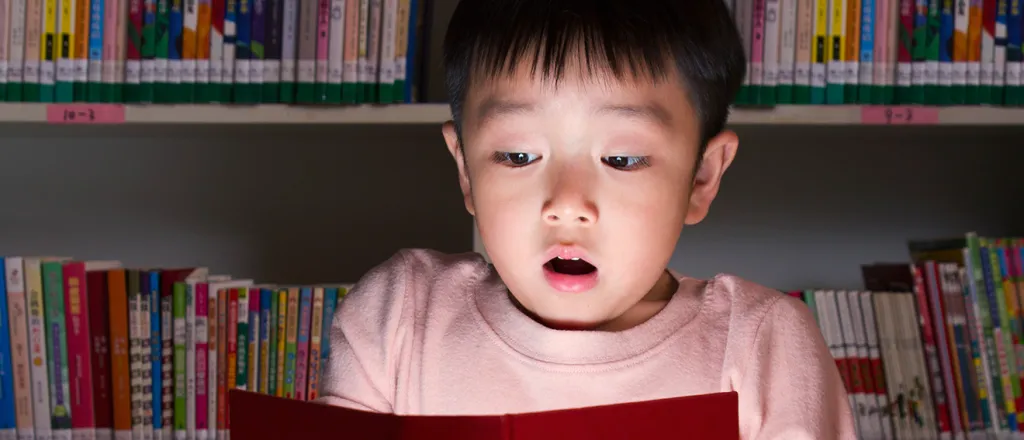
Supreme Court says parents can pull kids from classes with LGBTQ-themed books
The U.S. Supreme Court handed a victory Friday to Montgomery County, Maryland, parents who object, for religious reasons, to the school system’s use of LGBTQ+-themed books in classrooms, saying parents should be allowed to opt their children out of such classes.
The 6-3 ruling in Mahmoud v. Taylor sent the case back to lower courts for a full hearing, but the majority left little doubt where it stands on the issue, with Justice Samuel Alito writing for the court that the parents have “shown that they are very likely to succeed in their free exercise” of religion claims.
“The Board’s introduction of the LGBTQ+-inclusive” storybooks into the literature curriculum, along with its decision to deny opt-outs as it does for other topics, “places an unconstitutional burden on the parents’ rights to the free exercise of their religion,” Alito wrote.
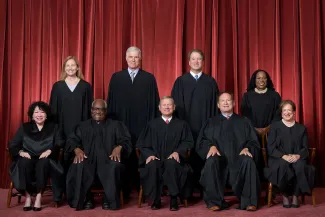
Memebers of the Supreme Court of the United States 2022 - WIkimedia - Public Domain
“The Board should be ordered to notify them [parents] in advance whenever one of the books in question or any other similar book is to be used in any way and to allow them to have their children excused from that instruction,” the majority opinion said. Alito was joined by Chief Justice John Roberts and Justices Clarence Thomas, Neil Gorsuch, Brett Kavanaugh and Amy Coney Barrett.
In a sharp, 38-page dissent, Justice Sonia Sotomayor — joined by Justices Elena Kagan and Kentaji Brown Jackson — said the majority’s ruling would create “chaos” for the nation’s public schools, which will be required to “provide advance notice and the chance to opt out of every lesson plan or story time that might implicate a parent’s religious beliefs.”
Far from protecting the free exercise of religion, Sotomayor wrote, the majority “guts our free exercise precedent” in a ruling the reverberations of which “will be felt, I fear, for generations.”
“Today’s ruling threatens the very essence of public education. The Court, in effect, constitutionalizes a parental veto power over curricular choices long left to the democratic process and local administrators,” Sotomayor wrote.
“That decision guts our free exercise precedent and strikes at the core premise of public schools: that children may come together to learn not the teachings of a particular faith, but a range of concepts and views that reflect our entire society,” her dissent said.
Both Alito and Sotomayor’s opinions included appendices that include pages from the books in question, including “Uncle Bobby’s Wedding” and “Prince and Knight,” about marriages of two men; “Born Ready: The True Story of a Boy Named Penelope,” about a transgender youth; and “Intersection Allies,” which tells stories of several children, including a transgender child.
The case, Mahmoud v. Taylor, stemmed from a 2023 lawsuit filed by a group of Muslim, Jewish and Christian parents after Montgomery County schools introduced books for classes as early as pre-kindergarten that had stories featuring transgender or same-sex characters.
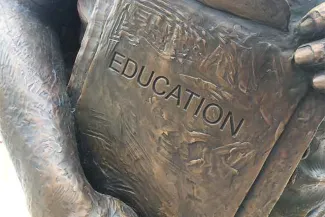
© flickrcc - Alan Levine
When the books were introduced in the 2022-23 school year, the school system let parents who objected to the books opt their children out of classes, as they can opt children out of health education classes they find offensive, for example.
But the board reversed itself in March 2023, saying students could not get out of language arts classes using the books, which the schools called part of an inclusive curriculum that also helps teach civility and respect.
The schools said the books were largely incidental to the curriculum, available for students who wanted to read them. But opponents noted that some schools read the books aloud in class, or read them every day of Pride Month, and provided guidance for teachers to counter students or parents who objected.
The case never got past the question of a preliminary injunction against the school system’s refusal to let students opt out, with district and circuit courts both letting the school board’s no-opt-out policy stand.
The only question before the Supreme Court, which heard arguments in the case on April 22, was whether “public schools burden parents’ religious exercise by compelling elementary school children to participate in instruction on gender and sexuality against their parents’ religious convictions and without the opportunity to opt out?” The court ruled that the policy does burden free exercise rights.
An attorney with the Becket Fund, which represented the parents who sued the school board, hailed the ruling as a “victory for parental rights in Maryland.”
“Kids shouldn’t be forced into conversations about drag queens, pride parades, or gender transitions without their parents’ permission,” said Eric Baxter, a Becket Fund vice president and senior counsel, in a prepared statement. “Today, the Court restored common sense and made clear that parents — not government — have the final say in how their children are raised.”
The Montgomery school board and school system released a joint statement in response to the ruling.
“Today’s decision is not the outcome we hoped for or worked toward. It marks a significant challenge for public education nationwide,” they said.
“In Montgomery County Public Schools, we will determine next steps and navigate this moment with integrity and purpose — guided, as always, by our shared values of learning, relationships, respect, excellence, and equity,” the statement said.


